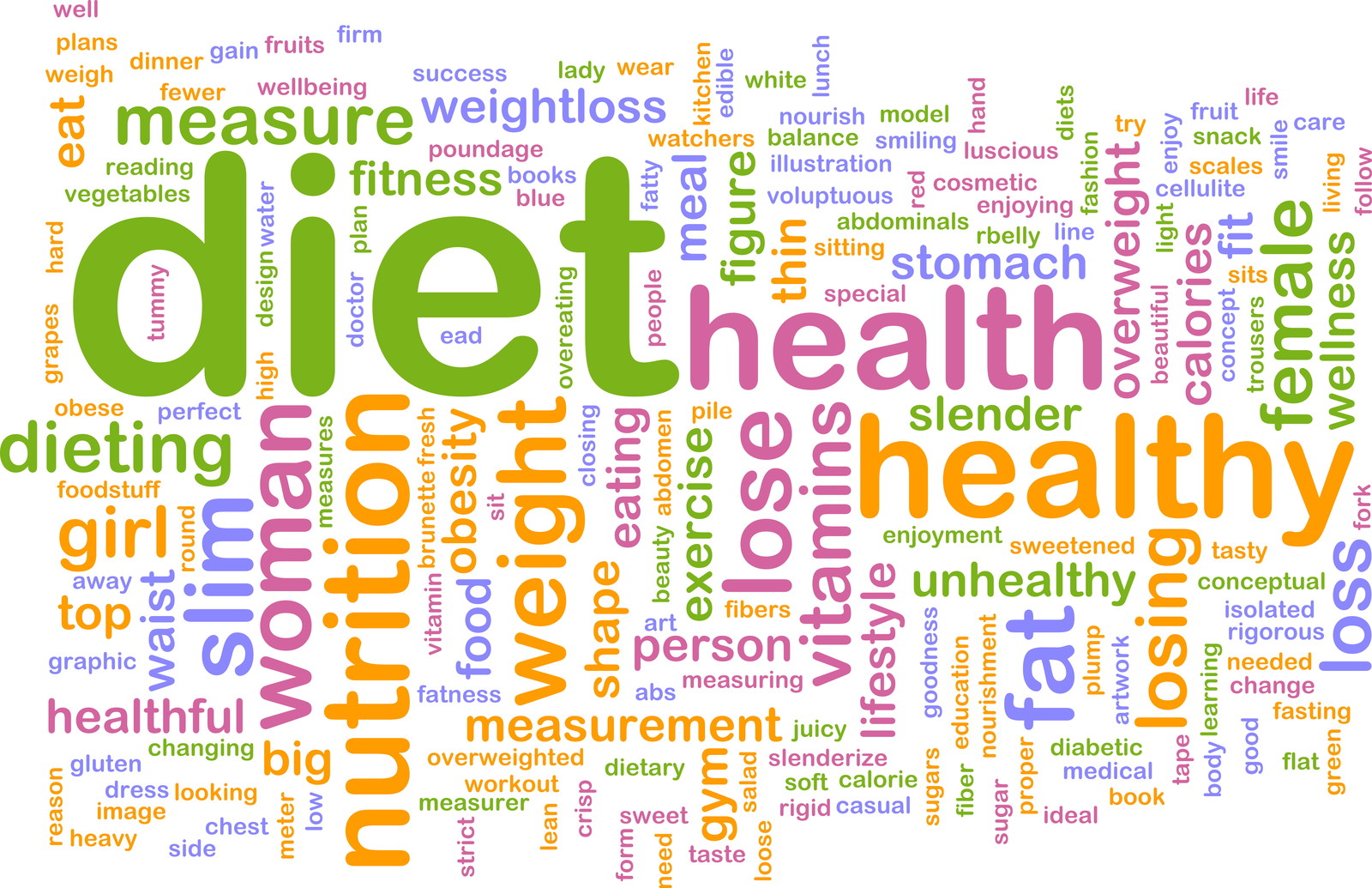[ad_1]
Looking for the best diet to follow for losing pounds fast? Most people can lose between 10 and 20 pounds within a month, simply by changing what and how they eat. You do not need to starve yourself to lose weight fast. Follow the healthy diet tips below and you'll be able to stay full, avoid hunger, control your appetite, limit food cravings, and boost your metabolism at all the same time …
7 of the Best Diet Tips for Losing Pounds Fast
1. Avoid simple sugars. By simply cutting simple sugars out of your diet, you can quickly and easily cut the kind of empty calories that make you fat and keep your from losing weight. Sodas, candy, packaged junk foods, and even fruit juices are all sources of simple sugar.
2. Avoid refined carbohydrates. Avoid refined carbs, especially "white" flours. Like simple sugars, these can spike blood sugar and insulin levels, shutting down the body's fat-burning processes and often leaving you with more belly fat!
3. Avoid "bad" fats. Fat itself is not your enemy. In fact you can eat a significant amount of fat and still lose weight quickly. But "bad" fats – like those found in fried foods and hydrogenated oils – will make you fat and unhealthy. Avoid fried foods and always choose "trans fat free" products.
4. Eat "clean burning" foods. The best foods to eat for fast and easy weight loss are "clean burning" proteins, carbs, and fats. Some examples are: lean meats, fish, eggs, fruits and vegetables, nuts and seeds, beans, and legumes (eg lentils). Make these the basis of your diet and you'll lose pounds much faster.
5. Eat 5-7 times a day. Instead of 2 or 3 big meals, try to eat 5-7 small meals and snacks per day, spaced out at 2-3 hour intervals. This will help to keep you from getting hungry and experiencing food cravings. Plus it'll help to stimulate your metabolism so you burn fat more quickly.
6. Cycle your starches. Starchy carbs – like breads, potatoes, rice, etc. – should be cycled in and out of your diet in a way that boosts the metabolism and keeps you from gaining weight. Many diets are based on this proven idea, such as the "calorie shifting" and "calorie rotating" diets.
7. Drink lots of water. Try to drink at least 60-70 ounces of water and sugar-free tea each and every day. This will help to reduce hunger while boosting your metabolism and optimizing your energy levels.
